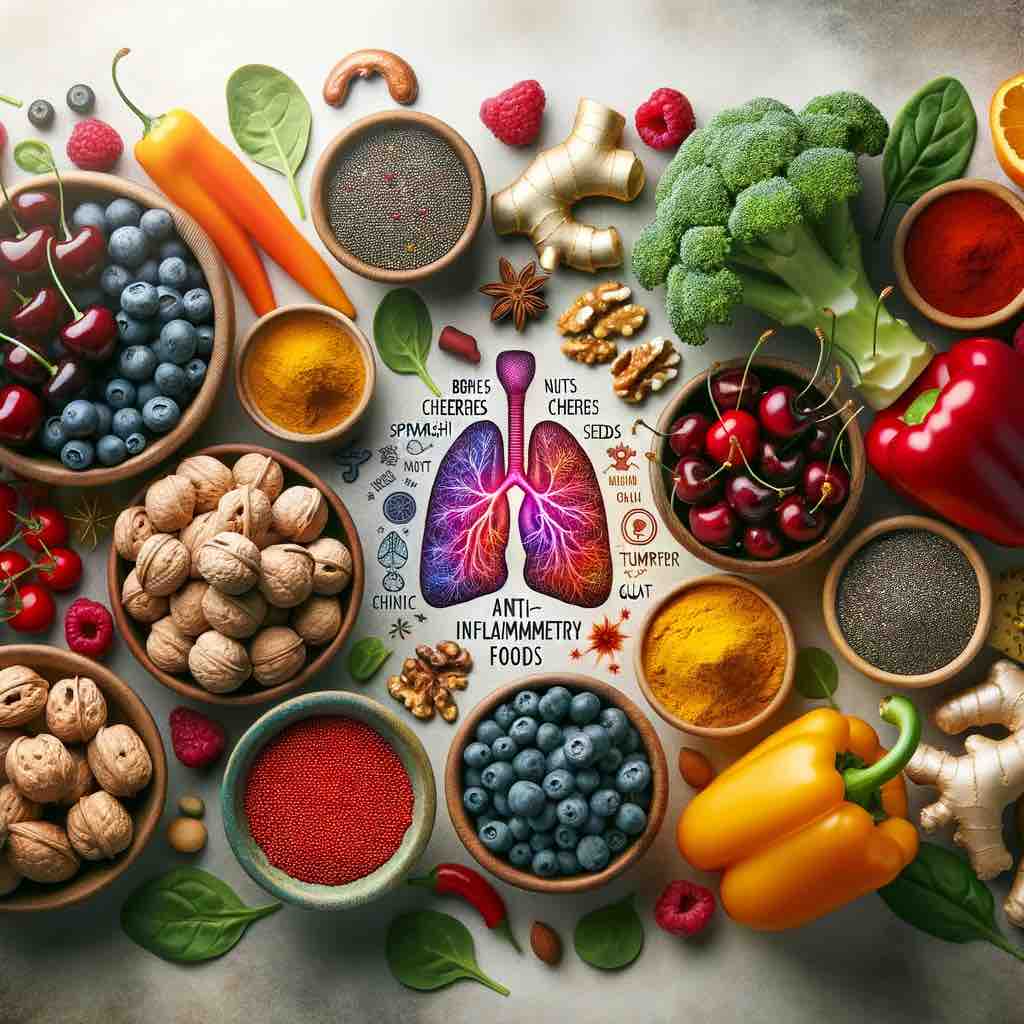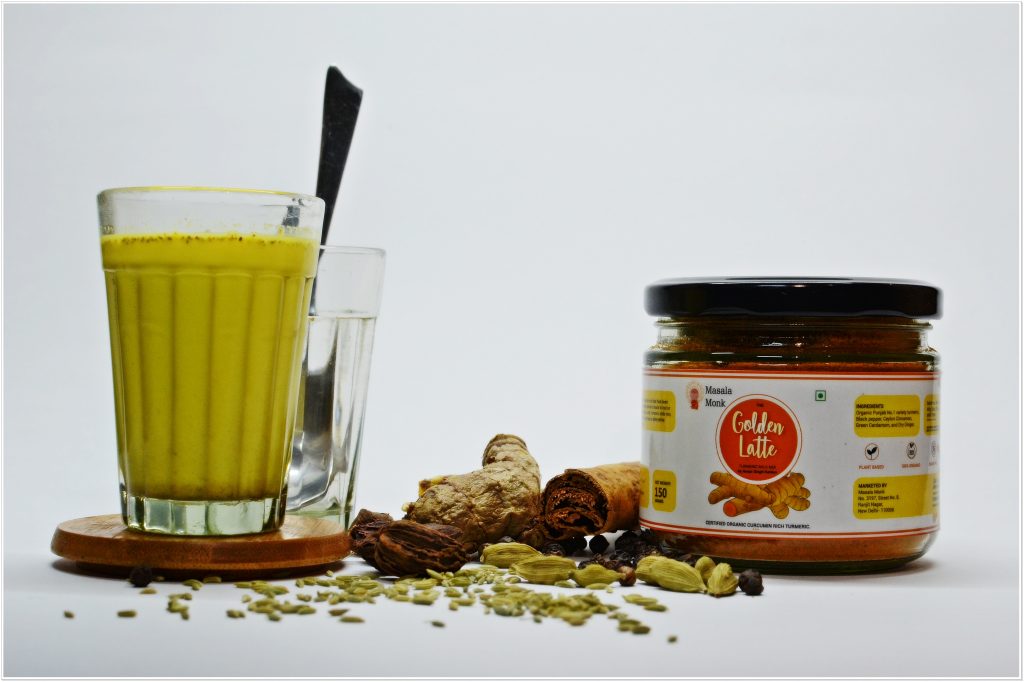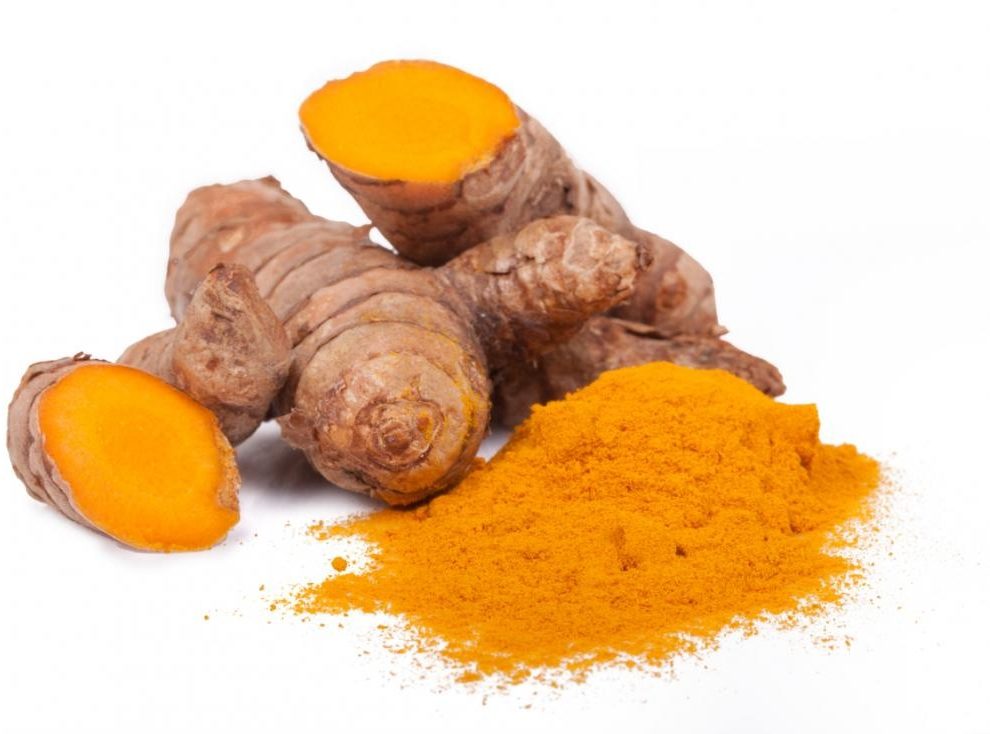
Navigating through the maze of inflammatory bowel disease (IBD), which primarily includes Crohn’s disease and ulcerative colitis, can be a daunting task. These conditions present a unique set of challenges for women, accompanied by a wide array of symptoms that may affect one’s quality of life profoundly. This blog aims to unravel the mystery surrounding these conditions, allowing you to grasp a better understanding of the symptoms, particularly in women, and discuss potential treatment avenues.
Unveiling the Symptoms
1. Ulcerative Colitis (UC) Symptoms in Women
- Gastrointestinal Symptoms: Frequent diarrhea, bloody stools, and abdominal pain are common.
- Menstrual Changes: UC can impact menstrual cycles, leading to irregular periods or increased discomfort during menstruation.
- Fertility Impact: While fertility is generally not affected, active disease flares can make it difficult to conceive.
2. Crohn’s Disease Symptoms in Women
- Gastrointestinal Disturbances: Symptoms range from diarrhea, abdominal pain, and cramping to nausea and vomiting.
- Nutritional Deficiencies: Due to malabsorption, there might be weight loss and deficiencies in vitamins and minerals.
- Genitourinary Impact: Conditions such as fistulas can affect the reproductive organs, possibly leading to complications in pregnancy and sexual health.
3. General IBD Symptoms in Women
- Fatigue: A common complaint, often a result of anemia or the body’s ongoing fight against inflammation.
- Skin and Joint Issues: Extraintestinal manifestations may include skin rashes and joint pain.
- Psychological Impact: The chronic nature of IBD may lead to anxiety and depression.
Tailoring the Treatment
Treatment approaches are multifaceted, aiming to manage symptoms, maintain nutritional balance, and improve the quality of life. Here’s a brief overview:
Medication Management
- Anti-inflammatory Drugs: Such as aminosalicylates and corticosteroids, are commonly used to control inflammation.
- Immunosuppressants: Medications that modulate the immune response, like biologics, can be effective.
Nutritional Support
- Diet Modification: Certain dietary changes can help manage symptoms, like limiting dairy or following a low-residue diet.
- Supplementation: Vitamin and mineral supplements might be necessary to combat deficiencies.
Surgery
- Resection or Repair: In cases of severe complications like fistulas or obstructions, surgical intervention may be necessary.
Holistic Approaches
- Stress Management: Incorporating practices like yoga and meditation may prove beneficial.
- Physical Activity: Regular exercise can enhance overall well-being and manage some IBD symptoms.
In Conclusion
Recognizing and understanding the spectrum of symptoms in women battling IBD conditions like ulcerative colitis and Crohn’s disease is crucial. A tailored approach, considering the unique physiological and psychological aspects of female health, is essential for effective management and improving the quality of life. Always consult a healthcare professional to craft a personalized treatment plan that aligns with your health needs and goals. Remember, you’re not alone in this journey, and a supportive network of healthcare professionals and communities awaits to guide you through.
FAQs
What are the common symptoms of Ulcerative Colitis (UC) in women?
Women with ulcerative colitis often experience gastrointestinal disturbances, including frequent diarrhea, bloody stools, and abdominal pain. Additionally, the disease might influence menstrual cycles, leading to irregular periods or heightened discomfort during menstruation.
How does Crohn’s disease uniquely affect women?
Crohn’s disease in women manifests as various gastrointestinal symptoms, including diarrhea, abdominal pain, and cramping. Women may also encounter complications such as vaginal fistulas, which can impact reproductive health and sexual well-being.
Can Inflammatory Bowel Disease (IBD) impact a woman’s fertility?
Generally, IBD does not directly impact a woman’s fertility. However, active flares of the disease, certain medications, and surgical histories can potentially influence a woman’s ability to conceive.
What treatment options are available for women suffering from IBD?
Treatment for IBD in women encompasses a spectrum of approaches, such as medication management involving anti-inflammatory drugs and immunosuppressants, nutritional support through diet modifications and supplements, and in severe cases, surgical interventions.
How can diet and nutrition be optimized to manage IBD symptoms in women?
Optimizing diet often involves making specific modifications, such as limiting dairy or following a low-residue diet, to manage symptoms. Additionally, vitamin and mineral supplements might be necessary to address any deficiencies due to malabsorption.
What role does stress management play in managing IBD symptoms in women?
Stress management plays a pivotal role in managing IBD symptoms. Techniques such as meditation and yoga, coupled with regular exercise, can contribute to better stress management, potentially alleviating some of the burdens of the disease.
How can one tailor IBD treatments to suit women’s unique physiological needs?
Tailoring treatments involves considering a woman’s unique physiological and psychological needs, including hormonal fluctuations, fertility concerns, and menstrual health. A healthcare professional can craft a personalized plan encompassing medications, dietary adjustments, and supportive therapies to navigate these complexities effectively.
Blog Tags
IBD in women, ulcerative colitis symptoms, Crohn’s disease in women, IBD treatment, gastrointestinal health, women’s health, inflammatory bowel disease, diet and nutrition, stress management, fertility and IBD













